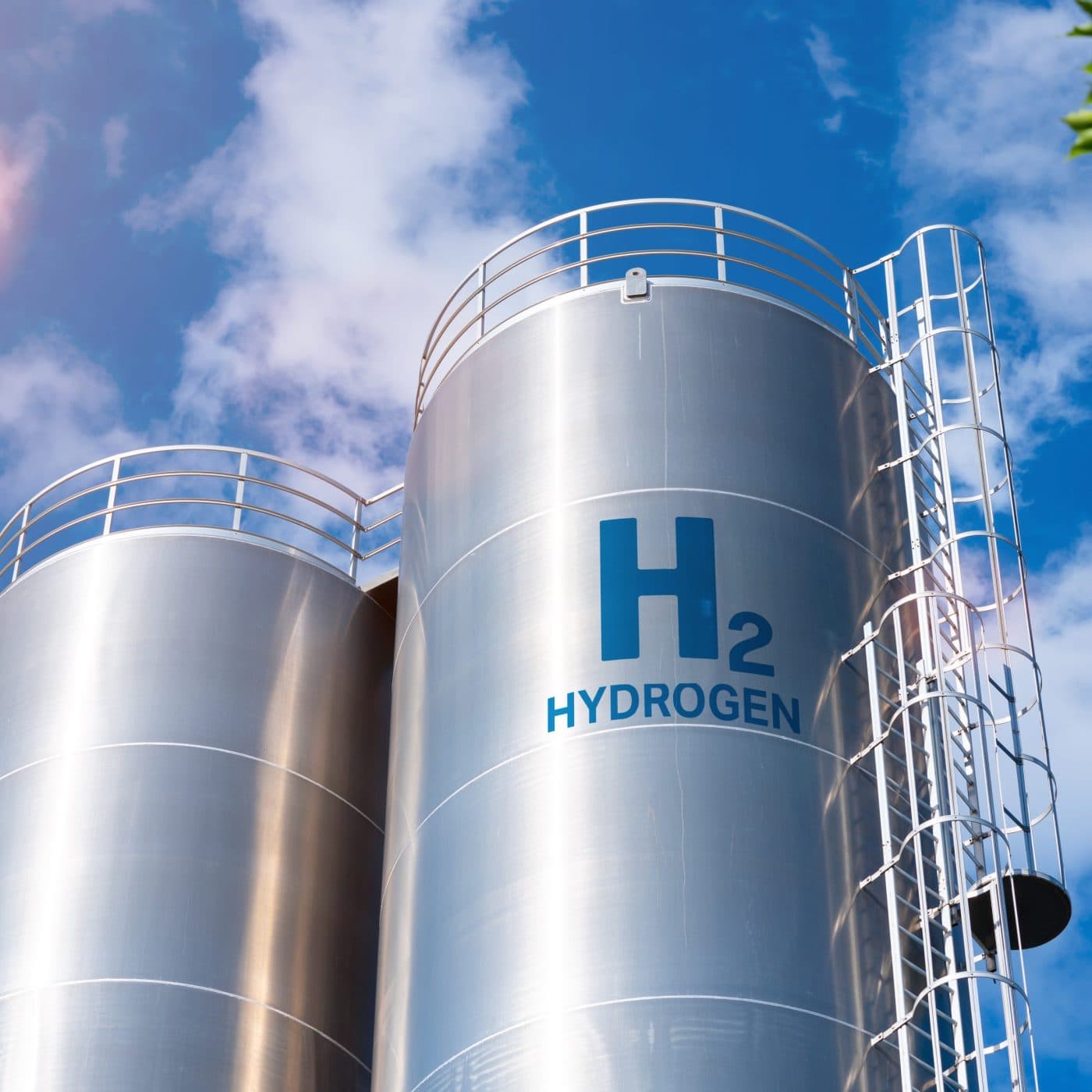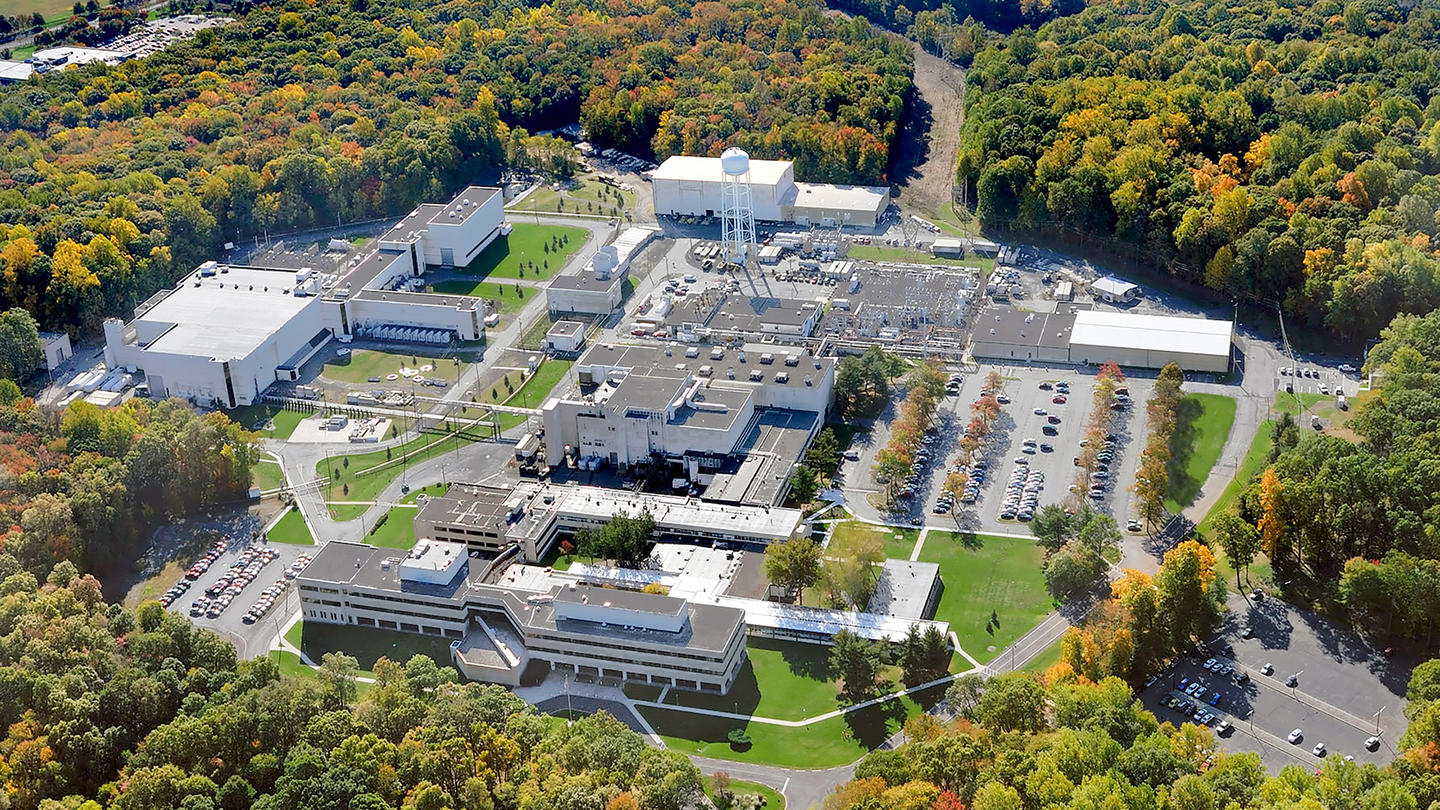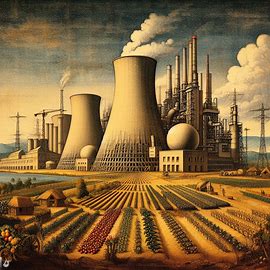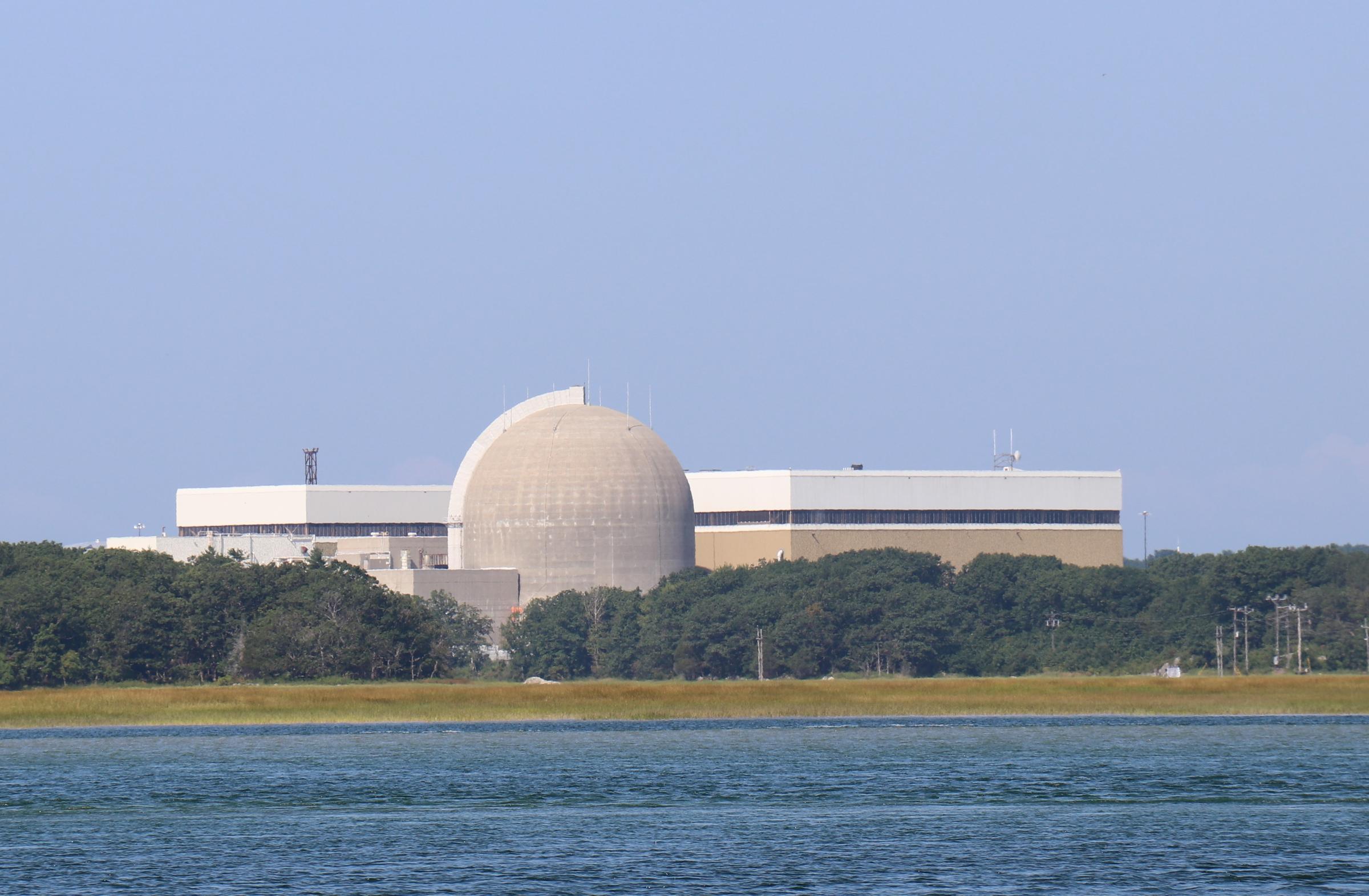
In a strategic move to bolster its energy security and reduce dependence on Russia, Britain has announced a £300 million investment in a groundbreaking program for the production of advanced nuclear fuel. This initiative aims to position the UK as a major international supplier, challenging Russia’s dominance in the field. As part of a broader commitment to triple global nuclear capacity by 2050, Britain is taking bold steps to contribute to the reduction of climate-damaging carbon emissions.
Britain’s Pledge and Energy Independence Goals:
Joining forces with over 20 countries, including the United States, France, and South Korea, Britain recently pledged to significantly increase global nuclear capacity by 2050. This commitment reflects international efforts to combat climate change and underscores the critical role of nuclear power in achieving carbon reduction goals. The £300 million investment is a strategic move to enhance domestic production of high-assay low-enriched uranium (HALEU), a specialized nuclear fuel currently predominantly supplied by Russia.
Dismantling Dependence on Russia:
Since Russia’s invasion of Ukraine in February 2022, European nations, including Britain, have sought to reduce their energy dependence on Russia. The new investment is a clear indication of Britain’s determination to secure energy independence and counterbalance Russia’s influence in the nuclear fuel sector. The programme aims to produce HALEU on a commercial scale, making the UK the first European nation outside Russia to achieve this feat.
Claire Coutinho’s Stance on Energy Security:
Claire Coutinho, the UK Secretary of State for Energy Security and Net Zero, emphasized the geopolitical significance of the HALEU program. She stated, “We’ll be the first European nation outside Russia to produce advanced nuclear fuel.” Coutinho further emphasized the importance of countering Putin’s influence, asserting, “We stood up to Putin on oil and gas, and we won’t let him hold us to ransom on nuclear fuel.” This move is a testament to Britain’s commitment to diversifying its energy sources and minimizing vulnerabilities in the face of geopolitical tensions.
HALEU Programme: A Leap Towards Technological Leadership:
The newly announced investment aims to establish a production plant in the North West of England, with operations slated to commence in the early 2030s. While additional details on production targets and spending allocations are yet to be disclosed, the HALEU programme represents a significant leap towards technological leadership for the UK. This initiative aligns with Britain’s broader strategy to revitalize nuclear power, evident in the competition launched last year for the development of small modular nuclear reactors (SMRs).
Navigating Environmental Concerns:
While environmental groups have raised concerns about the risks associated with nuclear power, Britain views nuclear energy as a central component of its long-term energy strategy. The emphasis on SMRs is geared towards overcoming historical challenges, such as high costs and construction delays, that have hindered the global expansion of nuclear power capacity. By investing in the HALEU program, Britain seeks to address potential bottlenecks in meeting the international 2050 pledge, including the supply of suitable fuel.
Britain’s £300 million investment in the advanced nuclear fuel program marks a strategic move towards energy security, technological leadership, and reduced reliance on Russia. As the UK positions itself as a major player in the global nuclear arena, this initiative underscores the geopolitical dynamics intertwined with energy independence. The success of the HALEU program not only contributes to meeting international climate goals but also positions Britain as a trailblazer in shaping the future of nuclear energy.





